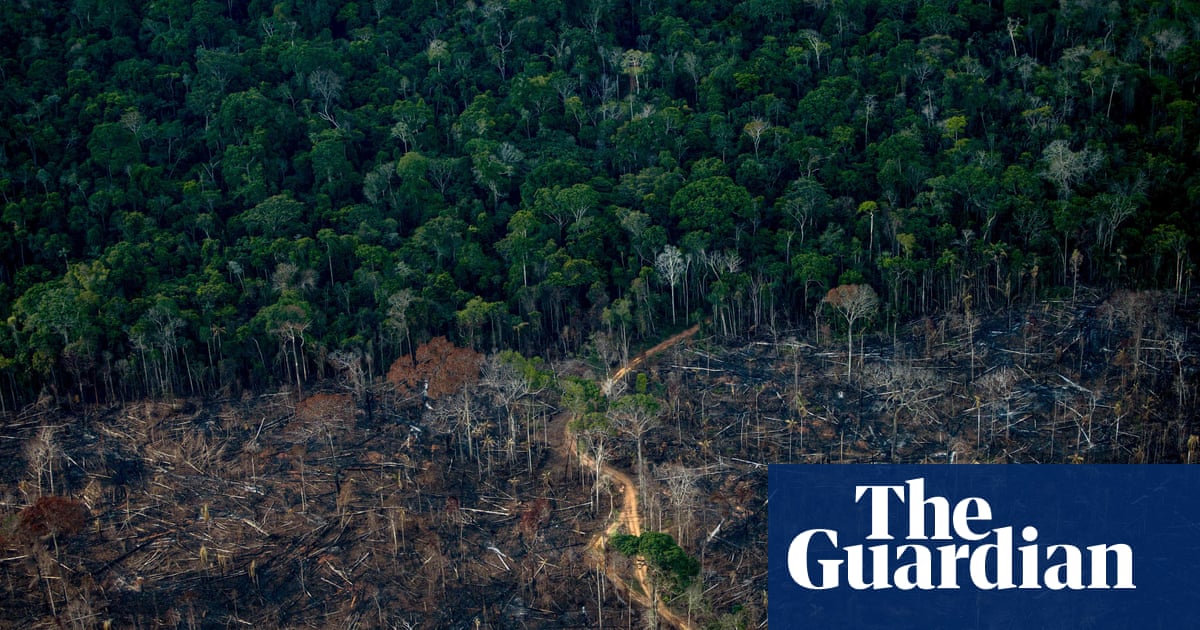The analysis, published on Thursday, found that 18 big forest offsetting projects had produced millions of carbon credits based on calculations that greatly inflated their conservation impact. The schemes, which generate credits by avoiding hypothetical deforestation, were found not to reduce forest loss or to reduce it by only small amounts, far less than the huge areas they were claiming to protect, rendering the credits largely hot air.
The findings follow a 2020 study of 12 projects in the Brazilian Amazon by the same group, which found they had a negligible impact on stopping deforestation despite generating credits on the basis they were preventing large areas from being destroyed. A 2022 study of 40 Verra-approved projects led by University of Cambridge researchers found that while some projects did stop deforestation, most stopped none or small amounts.



Another problem is accountability. Put it on the blockchain and guarantee it with ironclad smart contracts (further backed up by NFTs of old growth forest images) and I've exhausted the number of crypto references I can put in one sentence.
you can use multiple slurp juices on a single crypto riff
But what you don't understand is that you can use multiple slurp juices per tree to maximize your splonking
All my climate credits gone. This just melted please help.